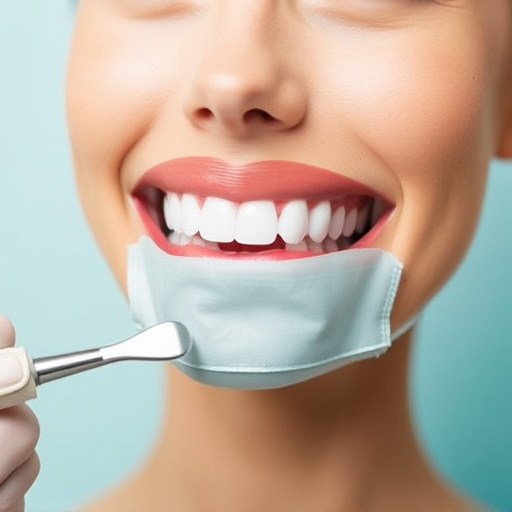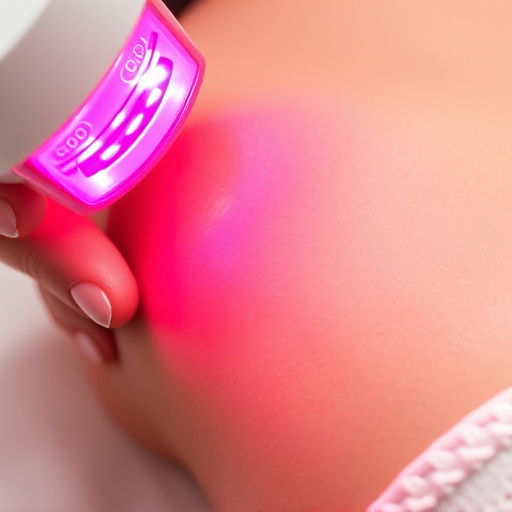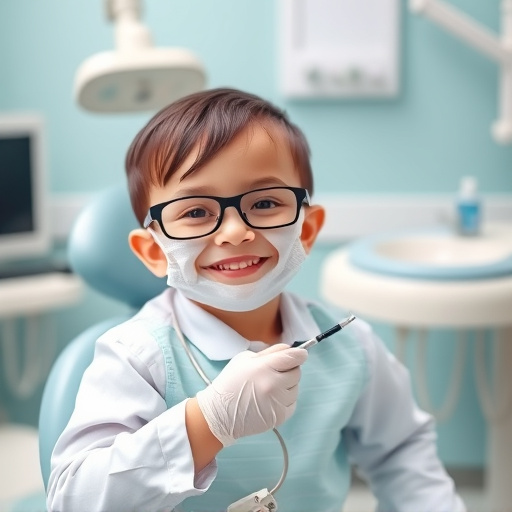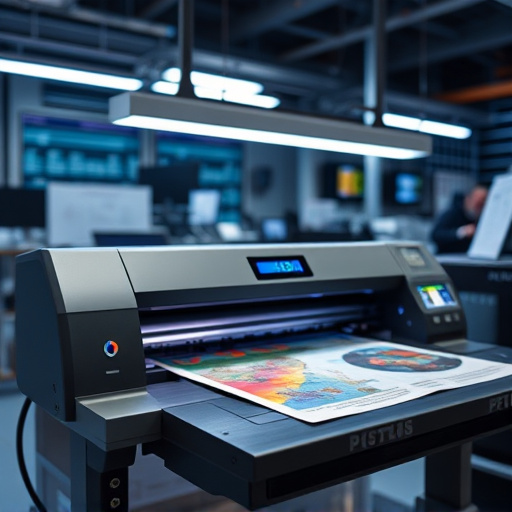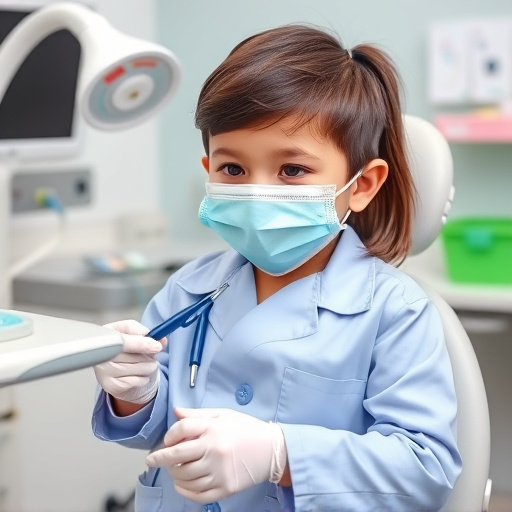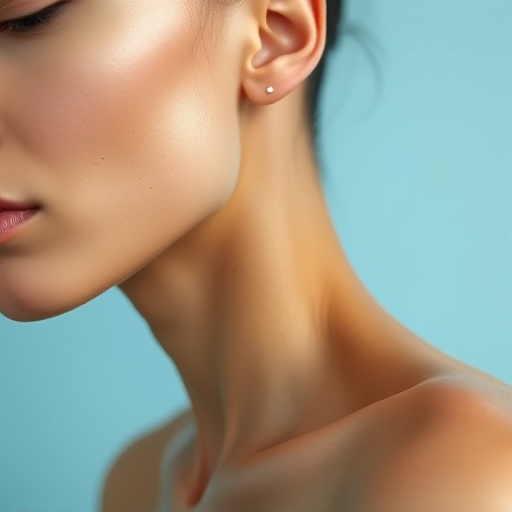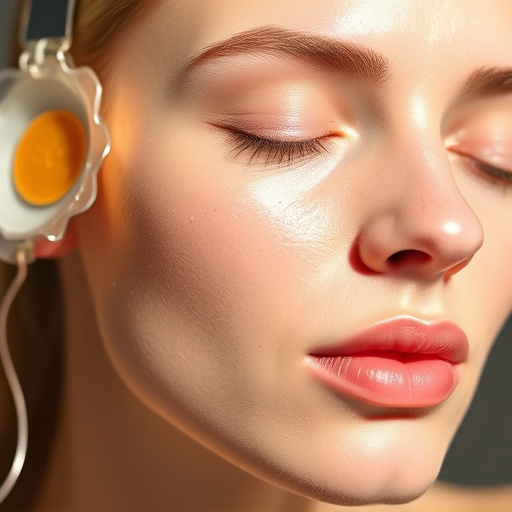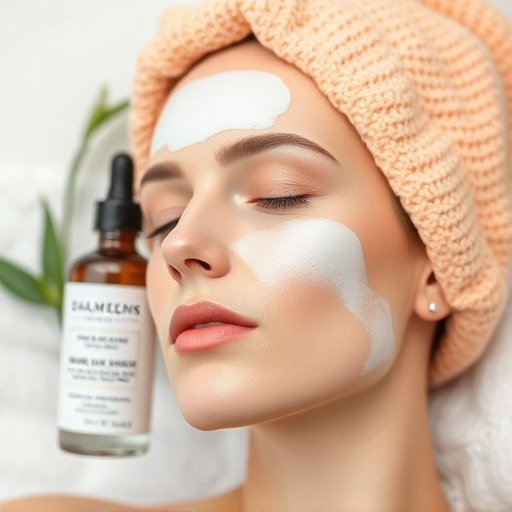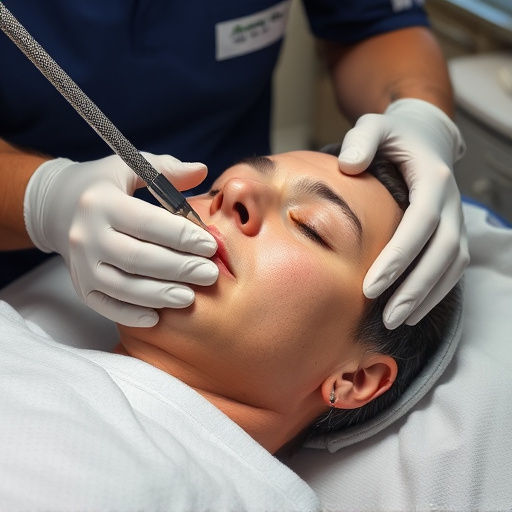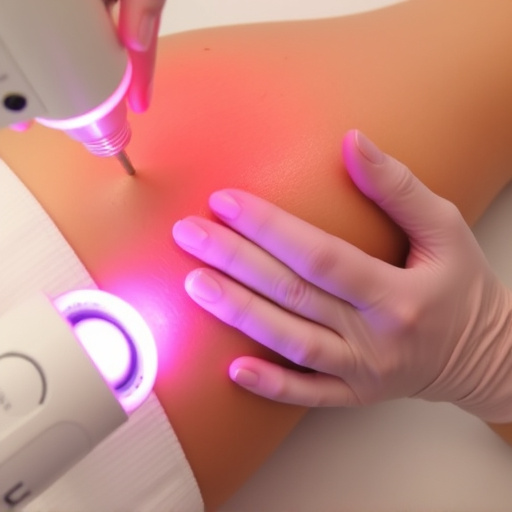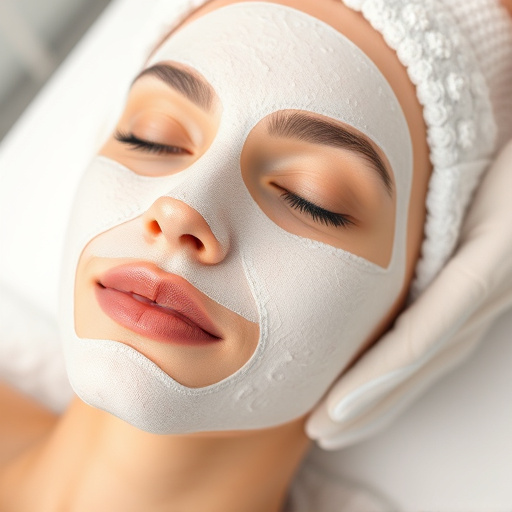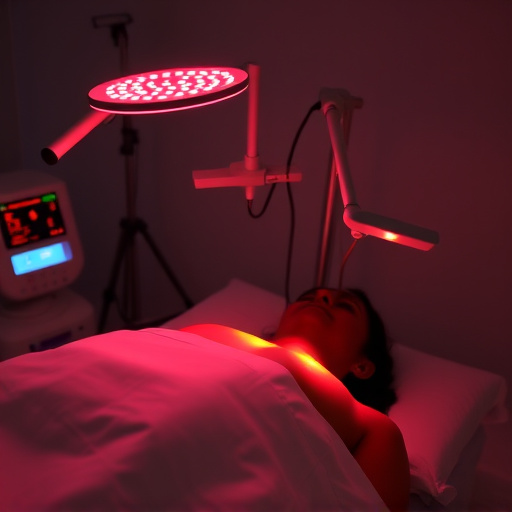Sensitive and acne-prone skin often fuel each other's issues. Effective acne scar treatment involves gentle yet targeted techniques like pore refinement, body contouring, and professional skincare routines to manage acne, prevent scarring, and treat existing scars. Topical retinoids, chemical peels, microdermabrasion, and laser therapies offer various solutions. Non-invasive procedures like exfoliation and hydrating facials are popular for minimal recovery. Combining these treatments improves skin appearance and texture, boosting confidence with clearer complexions.
Acne scars can leave lasting marks on your skin and self-esteem. If you have sensitive or acne-prone skin, finding the right acne scar treatment can feel like a challenge. This guide delves into effective strategies for addressing these scars, focusing on approaches tailored to sensitive skin. From understanding the unique needs of this skin type to exploring topical treatments and non-invasive procedures, we’ll equip you with knowledge to achieve smoother, more even skin.
- Understanding Sensitive and Acne-Prone Skin
- Exploring Topical Treatments for Acne Scars
- Non-Invasive Procedures for Effective Scar Reduction
Understanding Sensitive and Acne-Prone Skin
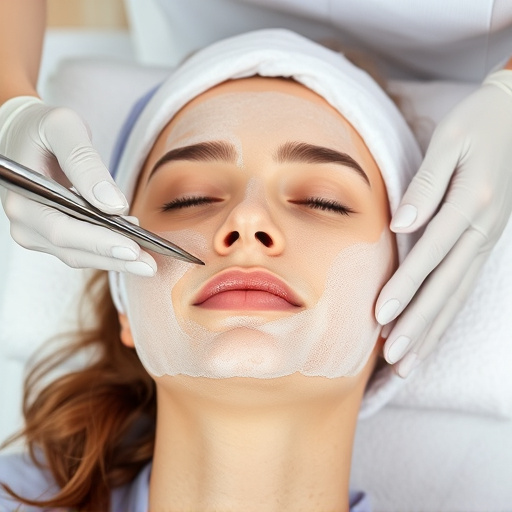
Sensitive and acne-prone skin often go hand in hand, as individuals with one are more susceptible to developing the other. Understanding this complex relationship is crucial when it comes to effective acne scar treatment. Sensitive skin is characterized by a heightened reaction to various stimuli, including certain products, environmental factors, or even minor injuries. In those with acne-prone skin, the body’s natural defense mechanism can lead to an overproduction of sebum, clogging pores and triggering inflammation. This chronic inflammation can result in lasting damage, leaving behind unsightly acne scars.
When addressing acne scars on sensitive or acne-prone skin, a gentle yet targeted approach is essential. Techniques like pore refinement and body contouring, when performed by professionals, can offer subtle improvements without causing further irritation. These methods aim to smoothen the skin’s surface while also reducing the appearance of scars. Additionally, incorporating professional skincare routines into your regimen can help manage acne-prone skin, minimize breakouts, and prevent future scarring.
Exploring Topical Treatments for Acne Scars
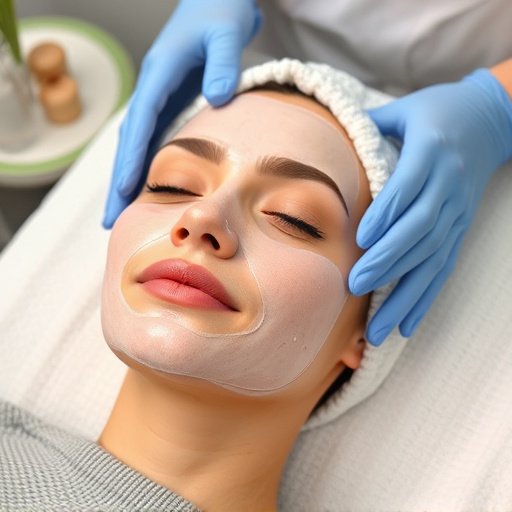
Acne scars can be a persistent reminder of past acne outbreaks, but exploring topical treatments offers hope for achieving smoother, healthier skin. These treatments play a significant role in acne scar management, especially for sensitive and acne-prone complexions. Topical solutions are often the first line of defense due to their ease of application and minimal side effects compared to other methods.
One popular approach involves using retinoids, derivatives of vitamin A, which stimulate collagen production and help smoothen out skin texture. Additionally, chemical peels and microdermabrasion are non-surgical treatments that physically exfoliate the skin, removing surface scars and promoting new skin growth. For those seeking more advanced options, certain laser therapies have proven effective in breaking down scar tissue and reducing the depth of acne scars, resulting in improved skin health and reduced appearance of wrinkles.
Non-Invasive Procedures for Effective Scar Reduction
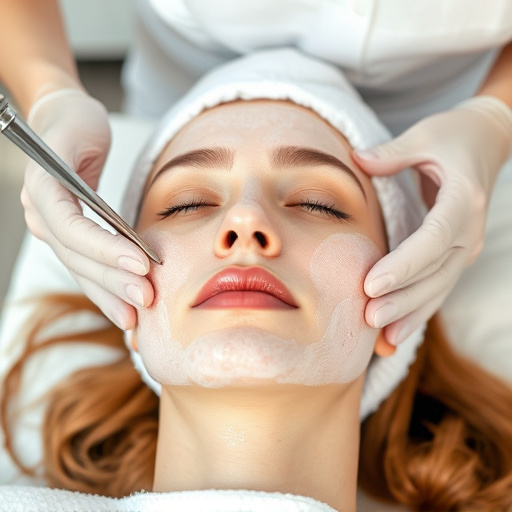
Many individuals seeking acne scar treatment often opt for non-invasive procedures due to their effectiveness and minimal downtime. These techniques offer a gentle yet powerful approach to scar reduction, catering specifically to sensitive and acne-prone skin. One popular method is chemical peels, which use certain chemicals to gently exfoliate the top layer of skin, encouraging the growth of healthier, smoother skin below. Another highly effective procedure is microdermabrasion, where fine crystals are used to buff away dead skin cells and unclog pores, resulting in a more even skin texture.
For those looking for a combination of relaxation and treatment, medical spa services like hydrating facials can be beneficial. These facials use specialized products to deeply hydrate the skin, reducing redness and inflammation associated with acne scars. By combining these non-invasive procedures with professional skincare routines, individuals can achieve significant improvements in their skin’s appearance and texture, leading to more confident and clear complexions.
Acne scars can significantly impact one’s confidence, but there are numerous effective treatments available for both sensitive and acne-prone skin. By understanding your skin type and exploring a range of topical solutions and non-invasive procedures, you can achieve smoother, more even skin. Remember that consistency and patience are key when it comes to acne scar treatment, as results may take time. With the right approach, many people successfully reduce their acne scars and regain their self-esteem.
